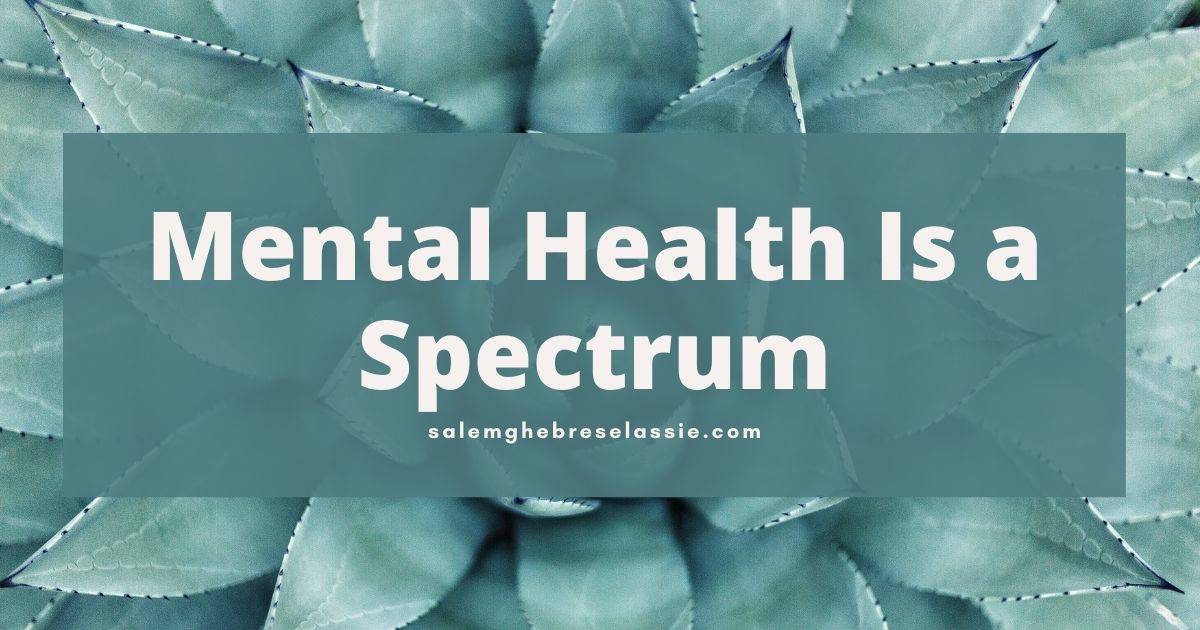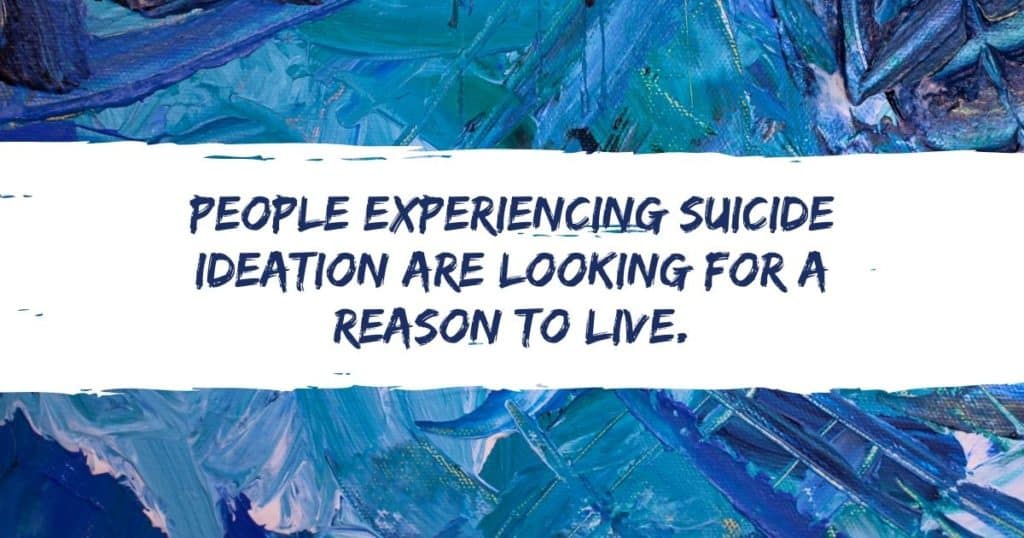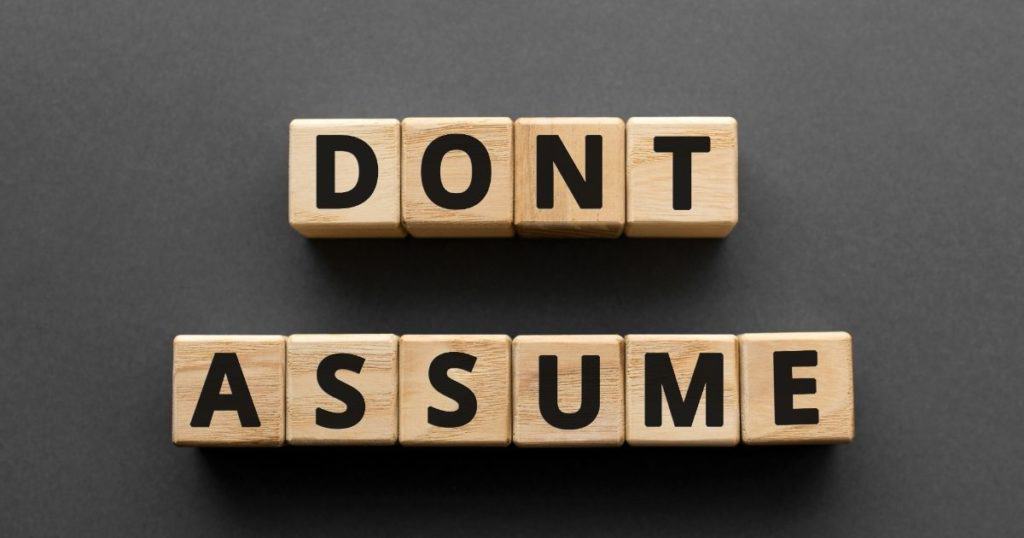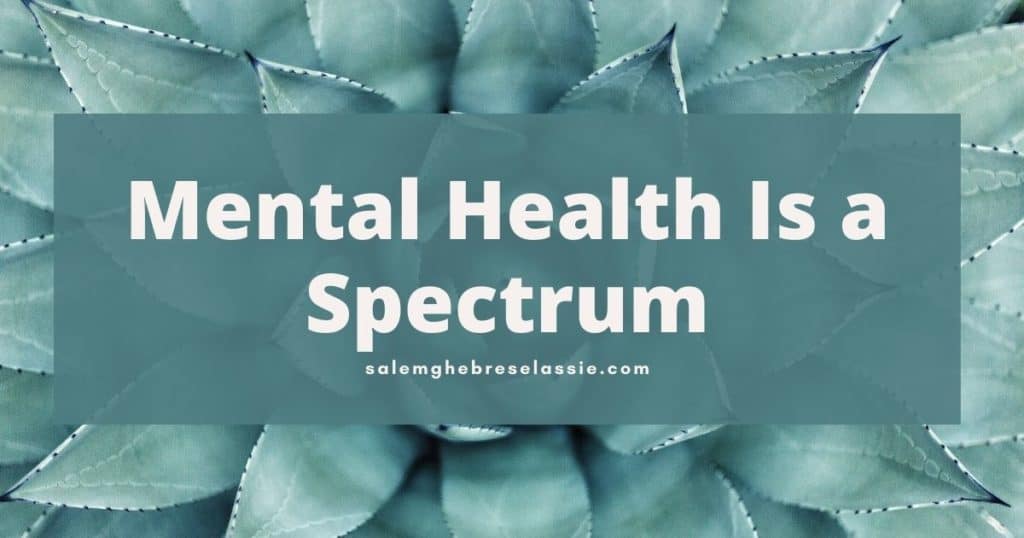Everyone is impacted by mental illness regardless of their background. People are either directly affected by mental illness or indirectly affected by mental illness through a family member, friend, or colleague. The recent pandemic has been a catalyst for mental health challenges. Our society cannot afford to ignore the impact of mental illness, especially during a time of crisis. The pandemic has impacted many areas of our lives from job losses, health challenges, uncertainty about our future to relationships that results in mental health crises and beyond.
I think it is important we make note of the difference between mental health and mental illness. Because they don’t hold the same definition and often than not people use the terms interchangeably. Let’s make a clarification between the two terms.
What is Mental Health?
Mental health in a simpler term refers to our emotional state of wellbeing. It is not a mere absence of mental illness rather it implies to healthy functioning and happiness. World Health Organization -defined mental health as a state of well-being in which the individual realizes his or her own abilities, can cope with the normal stress of life and are able to work productively and fruitfully that enable the individual to make a contribution to his or her community (WHO,2013). Remember we all have mental health. And this mental health state can exist on a spectrum of mental wellness to mental illness. The shifts and changes on the spectrum can be due to physical illness, family dynamics, socioeconomic status, internal factors (genetics) and external factors ( stressors, environmental factors, etc) that impact the well-being of individual lives.
While we all have mental health and not all of us will have a mental illness. However, no one is protected from crossing the line into mental illness when experiencing the above factors.
What is Mental Illness?
Mental illness is diagnosed using the Diagnostic and Statistical Manual (DSM) in a clinical setting as health problems that affect the way we think about ourselves and the way we interact with the world around us. These mental disorders affect our thoughts, feelings and behaviors that cause distress that is not expected as part of normal functioning. Common mental disorders to include are like Depression, Anxiety Disorders, Schizophrenia, Post-Traumatic Stress Disorder, Obsessive-Compulsive Disorder, etc. These disorders have to be diagnosed by mental health experts following appropriate assessments that are not based on self-diagnosis, on our experiences or people’s opinions.
Sometimes it is helpful to use the term “mental health concerns” rather than the term “mental illness” when we are talking with people. Because we all have mental health and sometimes we can experience concerns around our own mental health. On the other hand, when we use the term mental illness, it creates labels and holds more stigma which in return creates barriers to conversations and the need to ask for help. Especially when we are trying to engage in conversations about this topic. I myself am guilty of using this term at times when engaged in conversation.
Our mental health exists in a spectrum of mental wellness to mental illness. It is not a fixed state. As I have mentioned it can be impacted by so many factors that are currently happening in your life. Remember you are not alone. No one is immune to mental illness. Friend don’t hesitate to ask for help.
Yours,
Salem Ghebreselassie






